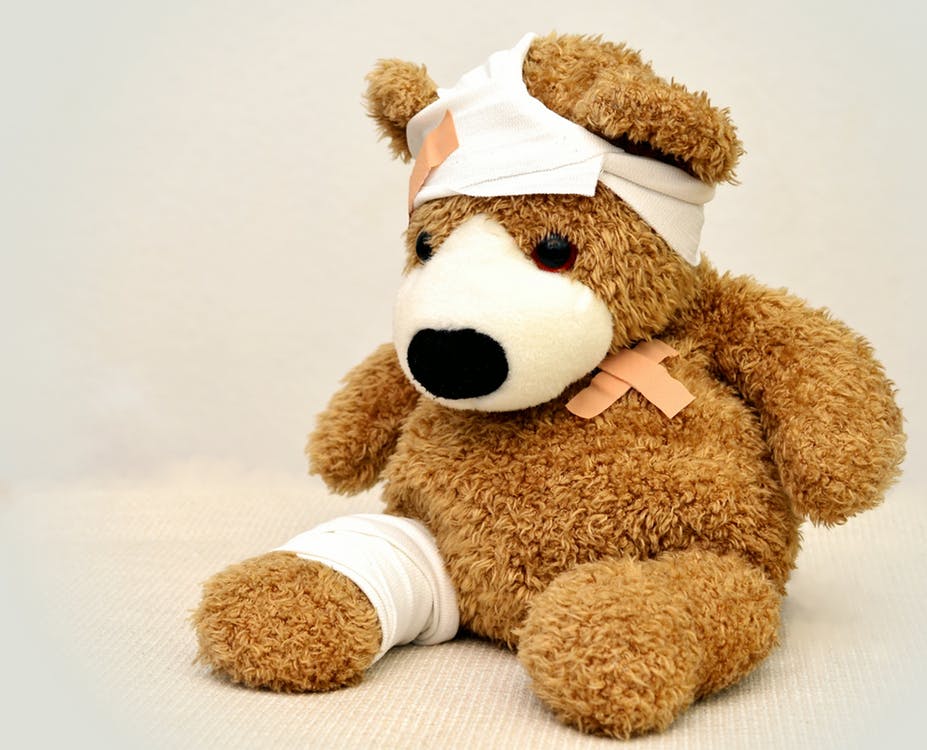Catastrophic Injury? 4 Steps Towards Healing Physically & Emotionally

A catastrophic injury is one that is rarely healed by time. It can involve the loss of a limb, paralysis, brain injury or other devastating impact. Of course the first steps toward rehabilitation, to the extent possible, are seeking advanced medical treatment from specialists trained in the specific area of injury. Yet, coping with major, life altering injuries requires more than just medical treatment. The following examines four strategies to maximize the potential for maximizing the potential for resuming a fulfilling and rewarding day to day life:

There are advocacy and education groups catering to most types of catastrophic injuries. The Amputee Coalition deals with quality of life issues unique to those having lost a limb. The Brain Injury Association of America advocates and provides resources for those suffering severe brain injuries. There are other specialized advocacy groups designed to provide assistance through education and training in proven strategies designed to assist those suffering from catastrophic injury. These groups often provide examples of those who have successfully conquered the challenge you or your loved one now faces, and that can be a strong incentive to keep working toward therapeutic improvement.
The dramatically life altering aspects of major injuries affect the entire family. It’s natural to experience depression, anxiety or other mental health issues whether coping with an injury or dealing with a loved one who is injured. Take advantage of mental health resources to help relieve the pressure organically flowing from a major physical injury.
After a major setback we often retreat into a cocoon and refuse to venture out. This can foster an unhealthy environment for all concerned. Staying connected with church members or social groups can provide a powerful boost while facing physical challenges associated with either recovery or adapting to a new normal.
If catastrophic injury is caused by the negligence or wrongdoing of another, make sure to retain a skilled lawyer, like those from Richard D. Hoffman Law Offices, experienced in handling serious injury cases. Major disability cases involve specialized clinical and vocational analysis and a good injury lawyer will know when and how to incorporate these professionals into the presentation of your case in the best way to tell the unique story of your life before and after the injury.
After a serious injury, there is a world of concerns on the path to the new normal. Following these steps will help the injured cope along the way.
